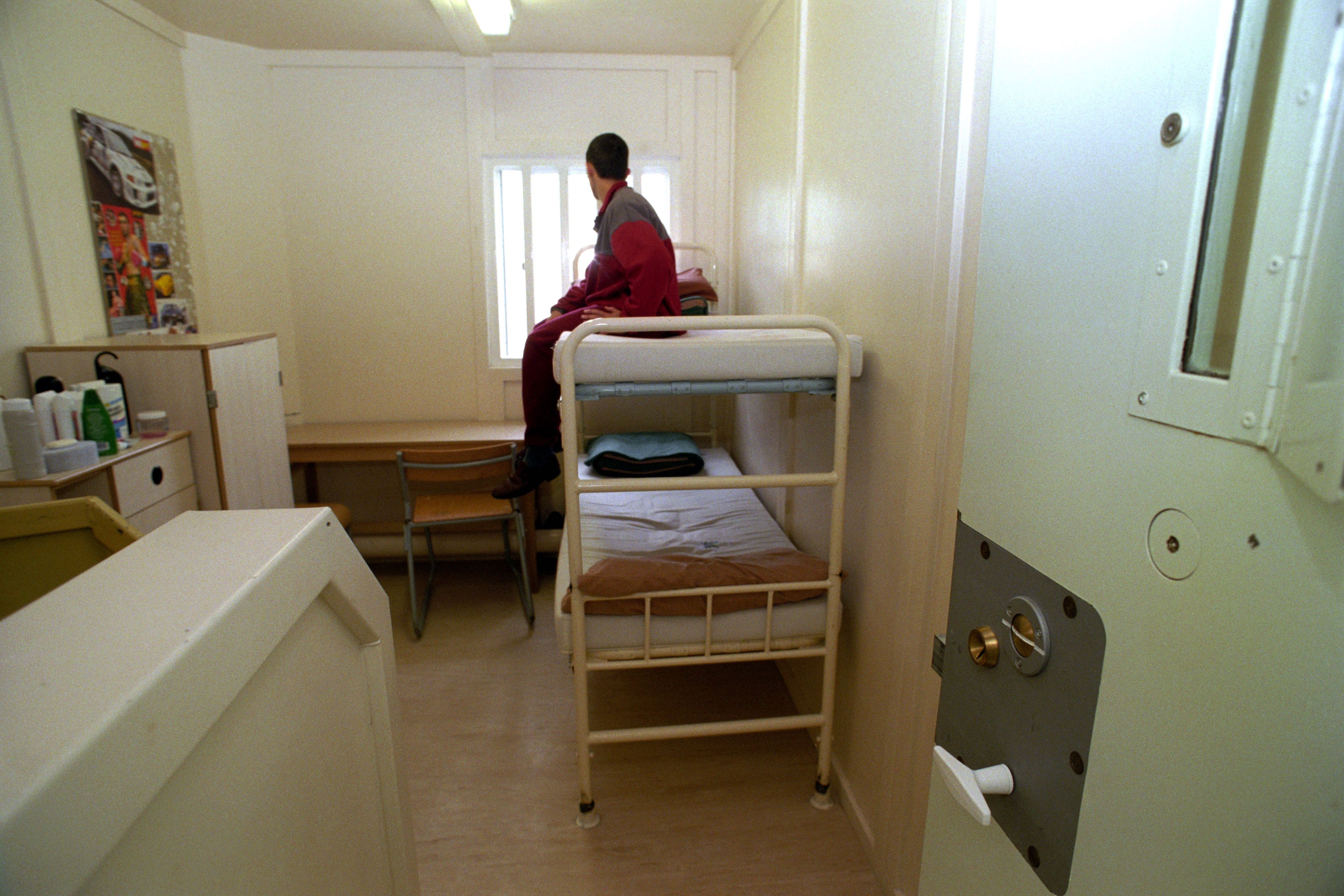
Politics & Society
Children entitled to a life where their rights are protected

Children can’t sign up to Facebook until age 13 but in Australia they can be prosecuted for a criminal offence at age ten, and that needs to change
Published 13 June 2019
As former head of Medical Services at the prison-like Parkville Youth Justice Precinct in Melbourne, paediatrician Dr Mick Creati has seen children as young as 11-years-old incarcerated.
And jail, he says, is no place for a child.

Under Australian law children are deemed criminally responsible at age ten and can be prosecuted and imprisoned.
According to Dr Creati, the science tells us that ten is too young to be held criminally responsible; children’s control over their impulses isn’t fully developed.
“The latest neuroimaging of the prefrontal cortex (the part of your brain responsible for planning and impulse control) shows that it isn’t fully developed until the age of 25, and as such, children at the age of 14 years have less developed impulse control compared to adults.

Politics & Society
Children entitled to a life where their rights are protected
“At ten years of age, it is even less so,” says Dr Creati, a fellow with Royal Australasian College of Physicians and an academic at the University of Melbourne.
“Even as adults, we know we are not fully in control of our impulses, otherwise supermarkets wouldn’t put chocolates next to the checkout. We go there, not planning to buy them, but impulsively put the chocolates in our trolley.”
But every year, around 600 Australian children under 14 are incarcerated for acts which Dr Creati claims could be explained as “understandable on neurocognitive grounds – acts that are very much unplanned.”
“There are kids in custody who have gone out with friends and the friends have stolen a car, and the child is told to get in the car or they are out of the friendship group,” he says.

“Impulsively, the child jumps in the car and if they are older than ten years of age they can then be charged with a crime because that’s the law. They can end up behind bars.”
The behaviour people label as ‘criminal’, Dr Creati argues, could be better understood as behavioural issues of a ten-year-old that stem from their poorly developed capacity for planning and impulse control.
Dr Creati was one of several health and legal experts at a Murdoch Children’s Research Institute seminar this week considering calls for an increase in Australia’s minimum age of criminal responsibility.

Politics & Society
Teenage crime and language disorder
It’s a call that is backed by a number of groups including the College of Physicians, the Human Rights Law Centre, Amnesty International, and the National Aboriginal Community Controlled Health Organisation (NACCHO).
“You can’t sign up to use Facebook until you are 13, but in Australia you can be prosecuted for a criminal offence at age ten,” said Professor Kinner, who also heads up the Justice Health Unit at the University of Melbourne.
“Australia has one of the lowest ages of criminal responsibility in the world. Germany, Italy and Russia specify 14 years as the criminal age of responsibility,” says Professor Kinner, who hosted the Too young for Facebook, old enough for prison seminar.
Dr Creati notes that a 2018 study found that of 99 children in custody in Western Australia, 89 per cent had at least one neurocognitive or neurodevelopment impairment.

“Children who come into contact with the criminal justice system often have neurocognitive challenges such as intellectual disabilities, foetal alcohol syndrome, attention deficit hyperactivity disorder, or mental disorders like depression and anxiety related to trauma.
“These children need care and support, not criminalisation,” Dr Creati says.
“If you accept that 89 per cent of these children have neurocognitive deficits, we are looking at kids functioning at a lot younger than 10 and they are being incarcerated for their impulsive, ill-thought out behaviour.”
Dr Creati says when a child of nine runs foul of the law, the options are to support their parents, address their learning difficulties, and endeavour to engage them in school, but when a child hits double digits the ‘legal pathway’ is too often pursued.

Health & Medicine
Giving prisoners a sporting chance
“To survive and thrive, children need consistent positive parenting in a family, engagement with a school, positive peer engagement, and pro-social activities like sport. If you remove a child from those protective factors and incarcerate them, you alter their life trajectory.”
“You actually increase the risk of recidivism, and in addition to that the practices of youth detention are traumatising, for example being locked in a cell at night or held in solitary confinement.”
Australia’s laws are especially pernicious for many disadvantaged Indigenous communities, with young Indigenous Australians over-represented in detention by a factor of 23.
Last June, all of the children aged under 14 years incarcerated in the Northern Territory were Indigenous.
Dr Creati knows this problem more than most.

He appeared as an expert witness at the Royal Commission into the Detention and Protection of Children in the Northern Territory (2016-17) and continues to work at an Indigenous Community Controlled Health Service.
“We need to work with Indigenous communities to find solutions, and I don’t see this as an issue of Aboriginality but social disadvantage – all socially disadvantaged children have a much higher risk of being incarcerated.”
Banner: Getty Images